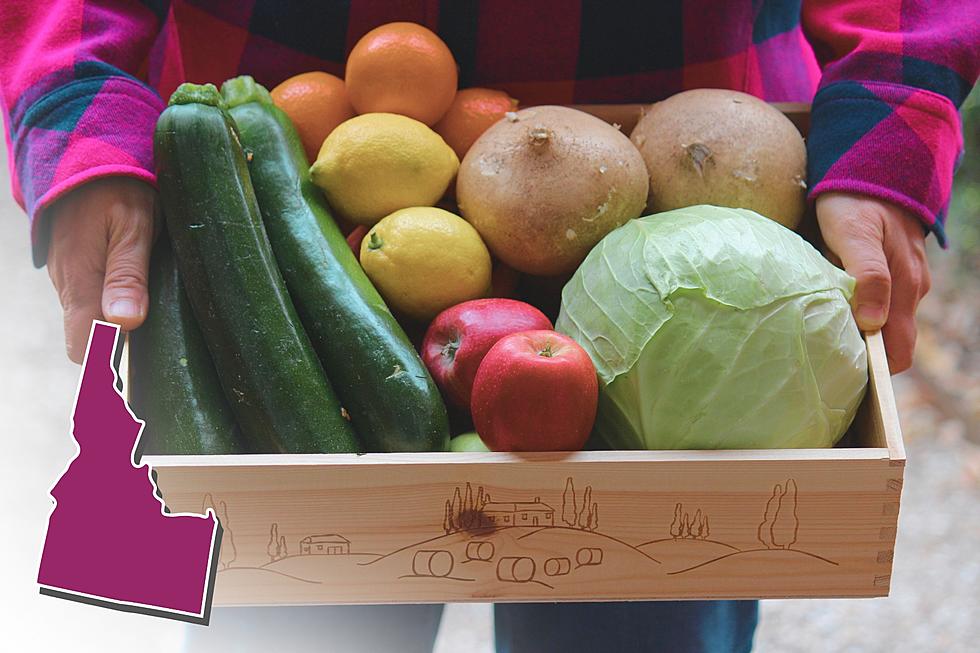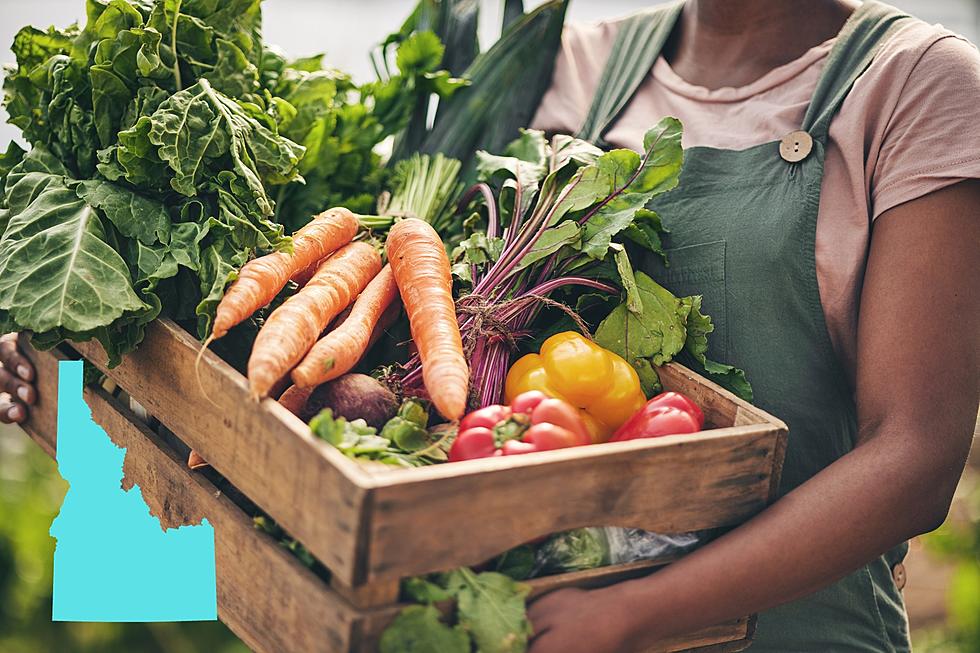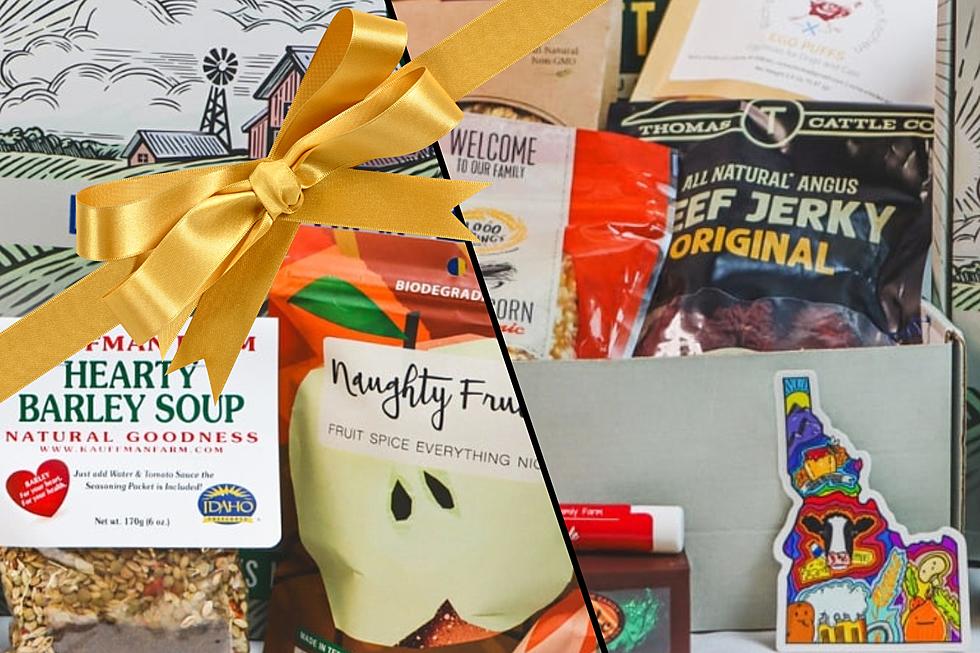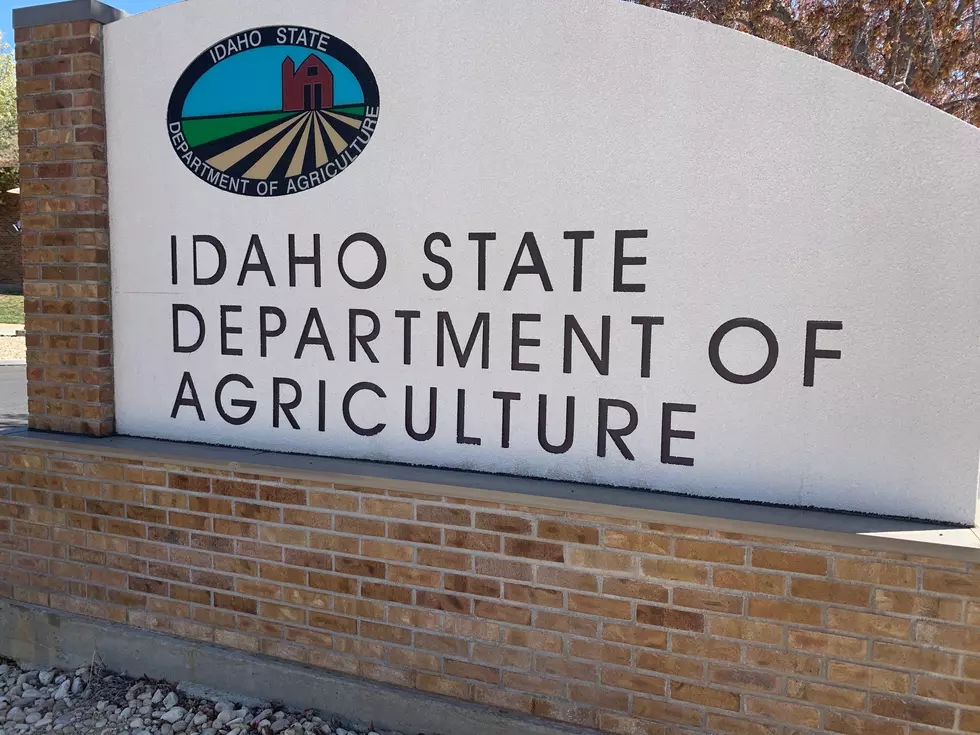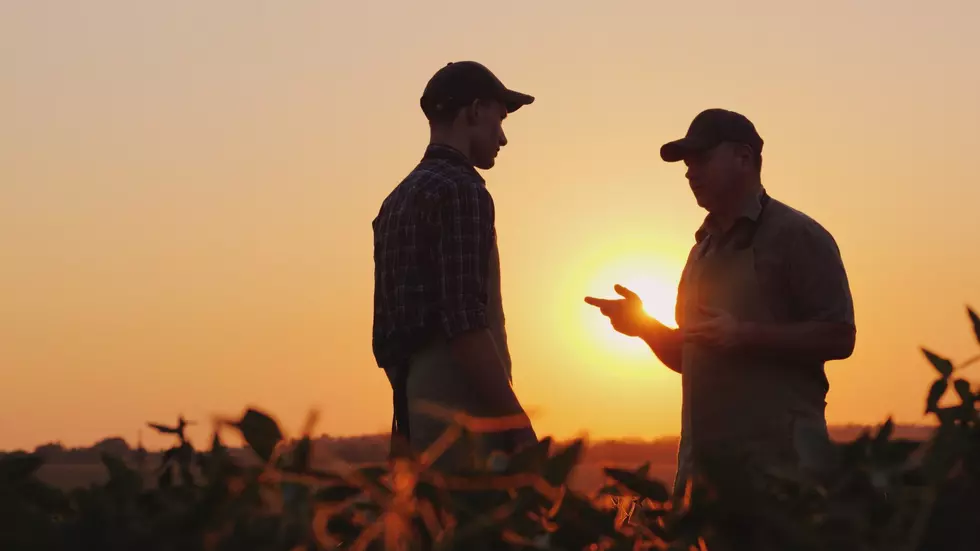
Idaho Shows its Muscle Fighting Mussels
Boise, ID – The Idaho State Department of Agriculture (ISDA) continues quagga mussel treatment in an effort to eradicate the invasive species in the Snake River.
Tuesday October 3, ISDA and contractors launched a comprehensive treatment plan to eradicate quagga mussels at all stages of life. The treatment is the copper-based product, Natrix. Natrix is labeled and approved by the Environmental Protection Agency for these kinds of aquatic applications.
The treatment is being applied at one part per million, a rate intended to eradicate mussels at all stages of life but is below the drinking water standard for humans. The copper-based treatment application is occurring across a six-mile section, less than one percent of the Snake River.
The ISDA along with the product manufacturer, the contracted applicator, and the Idaho Department of Environmental Quality are routinely monitoring the water to evaluate treatment effectiveness, impact and dissipation. The treatment will end October 13.
Quagga mussel larvae was first detected in the Snake River near Twin Falls on September 18, 2023, by routine monitoring conducted by the ISDA. If nothing were done, quagga mussels would quickly take over waterways. They would irreparably harm water use in Idaho.
“A project of this scope and complexity would not be possible without significant support and assistance,” said ISDA Director Chanel Tewalt. “Our team and partners are working around the clock to ensure that we leave nothing on the table in this eradication effort.”
The following statements support the ISDA’s quagga mussel treatment in the Snake River:
Governor Brad Little
"The Snake River is Idaho’s lifeblood, and we are doing everything we can to eradicate quagga mussels from our waters. The State of Idaho’s swift, aggressive action plan is spearheaded by the Idaho State Department of Agriculture and involves many partners at all levels. We will not be successful without the support of the public, and we appreciate everyone’s cooperation as we all work together to protect Idaho and our water. "
U.S. Senator Mike Crapo
"The Idaho State Department of Agriculture and partnering agencies worked swiftly and decisively to protect Idaho’s rivers and streams from this invasive species. Their efforts support the health and longevity of native river species, as well as protecting the integrity of Idaho’s extensive irrigation systems and our agriculture, aquaculture and recreation industries. I am grateful for the broad stakeholder engagement to eradicate this invasive species and will continue to support efforts to address the threat that quagga mussels present to our state."
U.S. Senator Jim Risch
“Quagga mussels spread aggressively and pose an extremely damaging threat to irrigators, recreators and all other river users. Idahoans have long worked to keep these invasive species from our waters, and it is pivotal we take their recent emergence seriously and take appropriate action to stop its spread.”
U.S. Representative Mike Simpson
“We must work together to protect our water here in Idaho, said Rep. Simpson. Thank you to Governor Little, the Idaho State Department of Agriculture, and Idaho Fish and Game for their decisive work in treatment and rapid response plan to eradicate this aggressive species. As Chairman of the House Interior and Environment Appropriations Subcommittee, I will continue to advocate for funding of efforts to prevent further spread.”
U.S. Representative Russ Fulcher
“I am closely monitoring the Quagga mussel containment efforts by the Idaho State Department of Agriculture. I am thankful for the ISDA responding so quickly to quell this outbreak. I ask all Idahoans to continue to be vigilant in response to the Quagga mussel.”
Rep. Megan C. Blanksma
“The quagga mussel poses a major threat to Idaho’s water for drinking, energy, agriculture, recreation and more. Vigilance and proactive measures are crucial to mitigate these impacts and protect both our water and way of life here in Idaho. I have first-hand witnessed the scope of situation on the Snake River and am confident that the treatment plan is comprehensive to this area of the Snake River. The Idaho State Department of Agriculture’s plan to implement a copper-based treatment is absolutely essential to eradicating the quagga mussel population.”
Rep. Stephanie Mickelsen
“We owe a great appreciation to the Idaho State Department of Agriculture for being proactive in their early detection monitoring program. Not only did they catch it early but they have a rapid response plan in place. Rapid response programs like this are only made possible because the Idaho Legislature votes to fund these agencies. Thankfully, most Idaho legislators are wise enough to know it is cheaper on the taxpayer to have these programs funded.”
Rep. Lauren Necochea
“I am grateful for the state agencies that have been at the ready to protect our prosperity and quality of life. They have activated a rapid response plan, deploying experts to evaluate the problem and then designed a treatment plan, which they are currently implementing. Treatment with chelated copper, at levels that do not compromise the safety of our water for drinking, is already underway to kill veligers and adult mussels.”
The Nature Conservancy
“TNC firmly believes that the long-term benefits of preventing the spread of quagga mussels across Idaho and the Pacific Northwest far outweigh the short-term side effects of the treatment. Taking no action is not an option―the stakes are too high. We are confident the agencies overseeing the response are taking necessary, urgent action and are doing so with the best science, planning and oversight available.”
Idaho Water Users Association
“IWUA fully supports ISDA. While it is true this treatment will kill aquatic plants and fish, including sturgeon, in a portion of the river, the alternative is much worse. Without treatment, quagga mussels would quickly take over waterways. These mussels harm fish and wildlife habitat. They also clog pumps and pipes that deliver water for drinking, energy, agriculture, recreation and a variety of other uses. If not treated, these impacts will cost Idahoans hundreds of millions of dollars. Idaho Water Users Association fully supports ISDA.”
Idaho Sportsmen Association
“Without this treatment, the quagga mussels will quickly spread and start taking over various waterways, harm wildlife habitats, effect the Columbia River Basin and snake river systems, and have many more detrimental impacts to agriculture, hydro power, drinking water and beyond. We know there will be damage to the fish populations and other species in the local treatment area, but it pales in comparison to the damage caused by an expansion of an aggressive invasive species that threatens our entire state’s well-being and ways of life. Although Idaho Sportsmen Board and members are saddened by the closures and fish mortalities that will occur, we believe the treatment is best for the long-term sustainably of wildlife and their ecosystems.”
Idaho Wildlife Federation
“IWF supports this quick action by the State of Idaho. Quagga mussels can destroy entire aquatic ecosystems. If we don't get this right - including adhering to recreational closures - the mussels will spread and destroy nearby, world-renowned fisheries like Silver Creek, the South Fork Snake and the lakes of the Sawtooths and the entire Salmon River. Idaho’s fisheries are economic and cultural staples. We must do what we can now to contain and eradicate these mussels to protect those incredible assets.”
Idaho Dairymen’s Association
“The Idaho Dairymen’s Association commends the swift response from the ISDA and supporting agencies in their efforts to eradicate the quagga mussel presence recently discovered in the Snake River below the Twin Falls Dam. The expense to irrigated agriculture and the water systems of rural communities, that support Idaho’s dairy industry, would be immense if the quagga mussels were allowed to persist. We have been able to witness firsthand the efforts of the response team being led by ISDA and fellow agencies and have the upmost confidence in the expertise, passion and desire to do the right thing for Idaho from these individuals. While audacious, treating the river to eliminate the quagga mussel is the absolute correct response. Any risks and short-term impacts caused by treatment are far better than the long-term negatives of not eradicating the quagga mussels from Idaho.”
Idaho Grain Producers Association
“ISDA’s response to the discovery of quagga mussels in the Snake River has been thorough and impressive. It’s hard to fully appreciate the threat posed by this invasive mussel. ISDA moved quickly to gather stakeholders and experts, worked collaboratively to put together an aggressive plan of action, and executed the plan, communicating with stakeholders and community members all along the way. Swift and decisive action was necessary, and that’s what ISDA delivered. The agricultural community is grateful for their hard work and leadership on this pressing issue.”
The ISDA quagga mussel treatment plan was developed with the review and assistance of the following agencies and groups:
• Governor’s Office
• Idaho Office of Species Conservation
• Idaho Department of Fish and Game
• Idaho Department of Environmental Quality
• Idaho Department of Water Resources
• Idaho Department of Parks and Recreation
• Idaho Department of Lands
• Idaho Power
• Canal companies
• Idaho Water Users Association
• U.S. Environmental Protection Agency
• U.S. Fish and Wildlife Service
• U.S. Geological Survey
• U.S. Army Corps of Engineers
• U.S. Bureau of Land Management
• U.S. Bureau of Reclamation
The ISDA is very grateful for continued coordination with the Twin Falls County Commissioners, Jerome County Commissioners, the Twin Falls Mayor and City Council, County Weed Control and law enforcement in both counties.
The Idaho Transportation Department and the Idaho Office of Emergency Management have provided equipment, assistance and expertise throughout the treatment project.
The ISDA is the leading authority for the Snake River quagga mussel treatment. For more information, please visit idaho.gov/quagga.
Source: Idaho State Department of Agriculture
Idaho Ranks Top 10 States for Most Registered Hunters 2023
Gallery Credit: Parker Kane
More From PNW Ag Network

